Could C-3PO and R2-D2-style robots be in households by 2030?
Could you be living your best Star Wars life by the end of the decade, with domestic robots doing all your boring household chores at home? One stargazing billionaire says yes
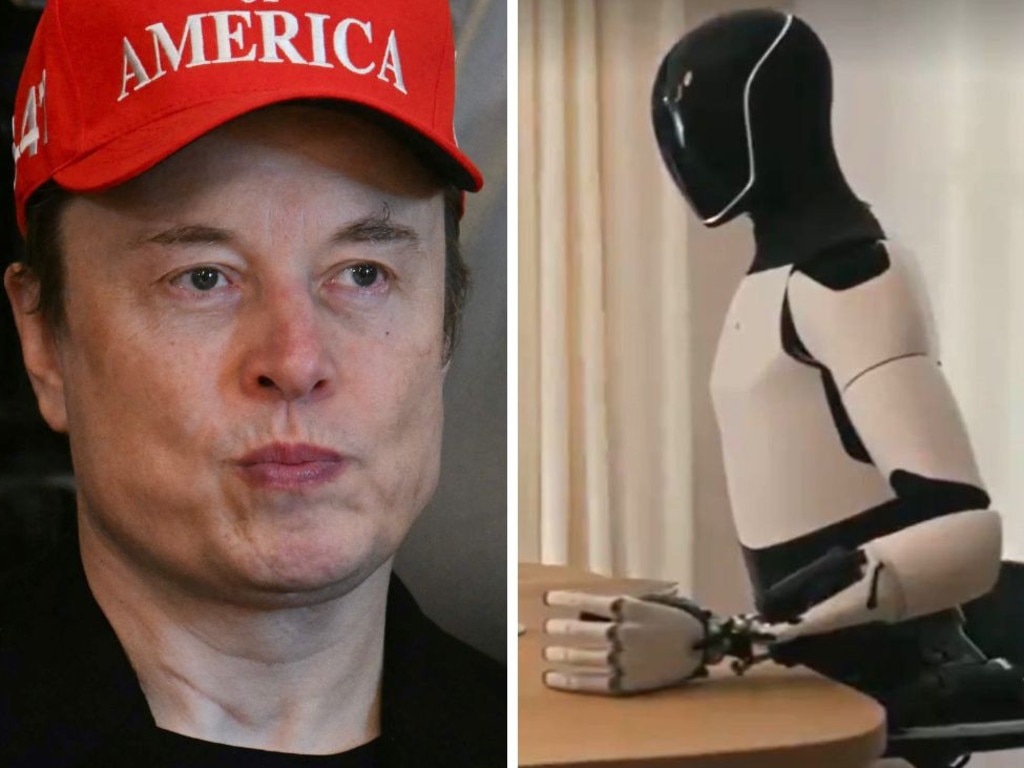
READING LEVEL: GREEN
SpaceX and Tesla founder Elon Musk has said we could all be living the Star Wars life by the end of the decade.
The eccentric* billionaire suggested his Tesla Optimus* robot would be ready to hit households much sooner than most people thought and work at his cutting-edge car company was paving the way.
“I think humanoid* robots will be the biggest product ever,” Musk told American new channel CNBC.
“The demand will be insatiable*. Everyone’s going to want one. It’s like, basically, who wouldn’t want their own C-3PO or R2-D2?”
When asked when this robot revolution would happen, Musk replied: “2030; I think that’s a reasonable target.”
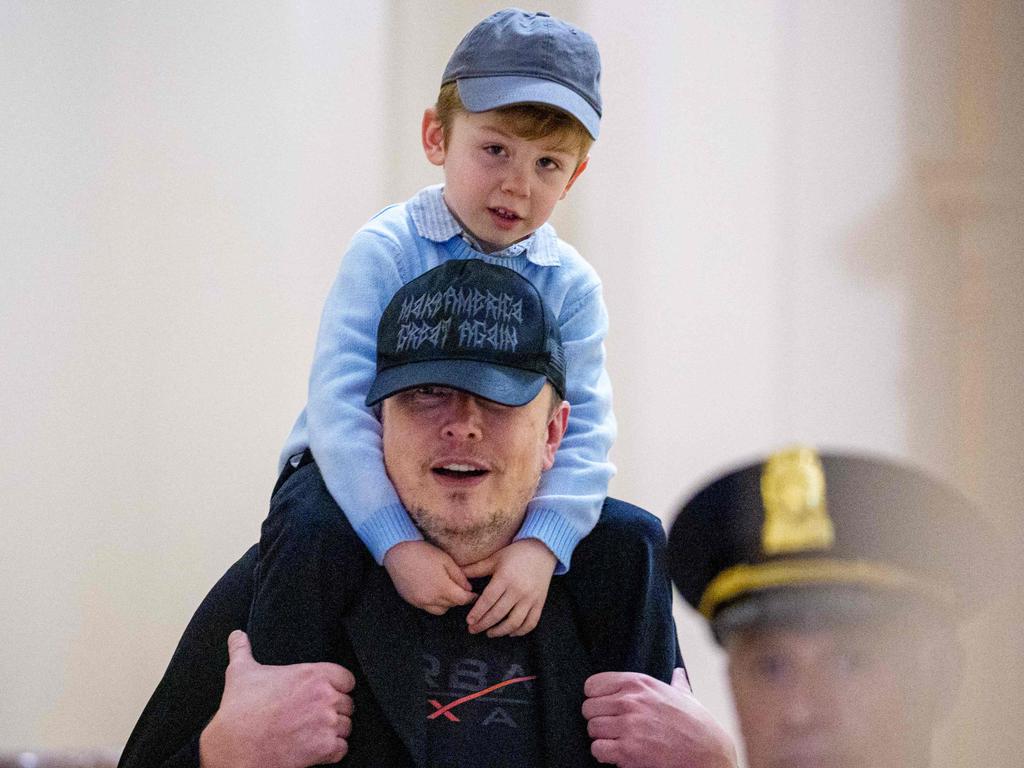
Tesla’s “Full Self-Driving” (FSD) cars are not fully self-driven, despite the name – they still require “a fully attentive driver who has their hands on the wheel and is prepared to take over at any moment”.
Still, they do have incredible features – a small taste of what’s coming, given the range of tech Musk is working on. Tesla vehicles can, for instance, sum up driving and traffic conditions and adapt accordingly, in many cases in the blink of an eye.
ROBOTS ARE CHILD’S PLAY
Musk said the Optimus model would begin from a similar base and would take time to learn its tasks – but he also said the robots would be able to learn quickly, in the same way an adult human or even a child does.
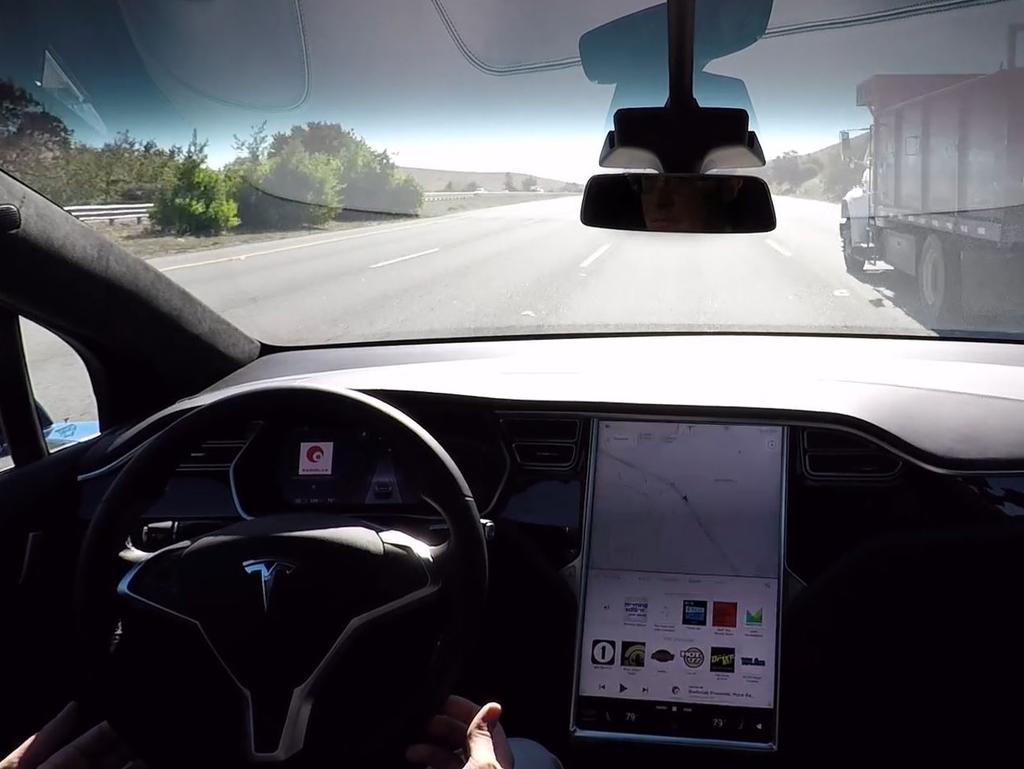
“It’s going to take a lot of resources and it’ll take time but there are certain threshold breakthroughs* that we think we can achieve, (like if) Optimus can watch videos and just like a human can learn from those videos,” Musk said.
“Right now we are training Optimus to do very primitive* tasks, where it would, say, pick up an object or open a door and what we need to do is bootstrap* that intelligence, so you can have the basic functions. This is where it gets interesting.”
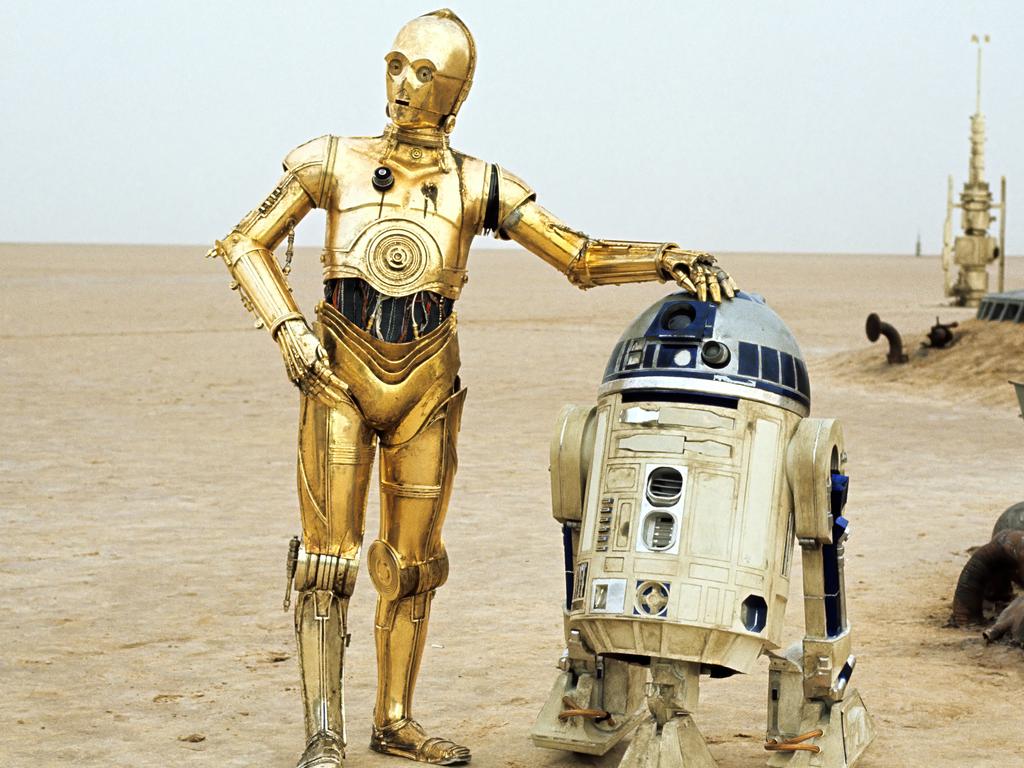
OPTIMUS LOVES CARROTS
Musk said his robots would respond to the classic carrot approach.
“How does a child learn?” Musk asked.
“A child plays with toys, plays with blocks. At some point, the child figures out how to put the triangle in the triangle hole and the circle in the circle hole. It keeps doing it until it works.
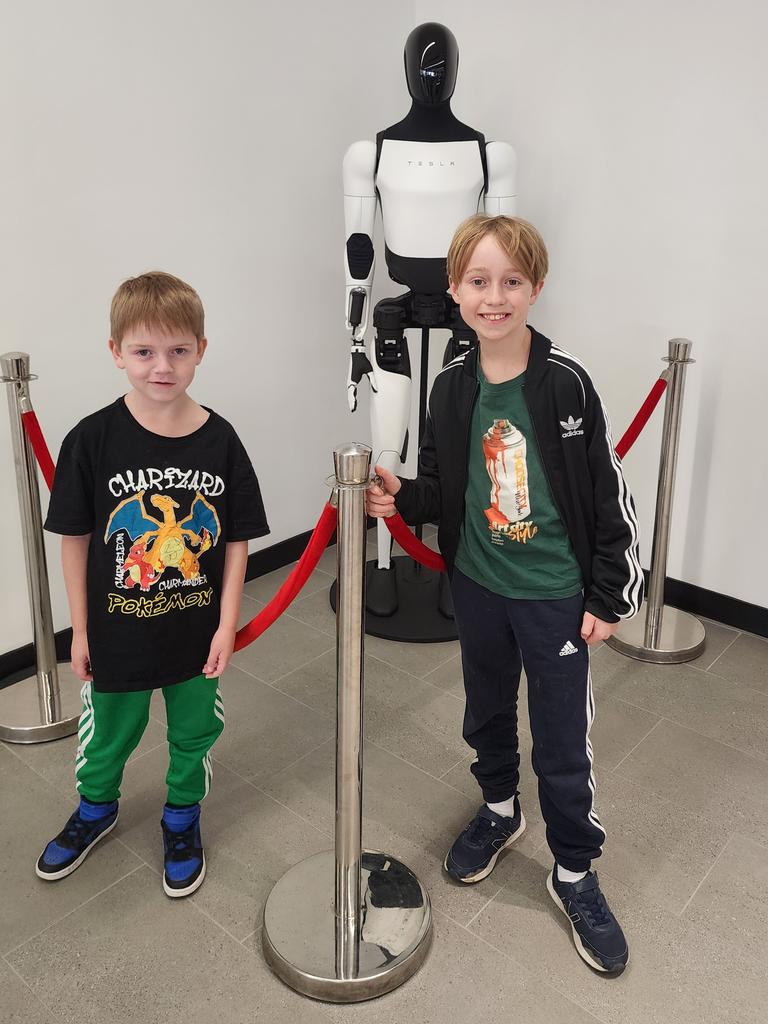
“They work it out by doing it over and over again and this (is) self-play*. Once you have a lot of robots, you can self-play. Which is that you put the robot in a room with toys and literally have the robot play.
“It will learn and you have the reward function. And you use that classic child’s toy. You put the circle in the circle, the square in the square hole, and the triangle in the triangle hole, and keep doing it until it works. And the reward function is succeeding. There are no advances in AI needed to accomplish that now. It is just nature – it can happen.”
POLL
GLOSSARY
- eccentric: unconventional, unusual, not ordinary or expected, strange
- optimus: Latin word for the best, the most likely to succeed
- humanoid: machine or creature that appears and behaves like a human
- insatiable: cannot be satisfied
- threshold breakthrough: a big, significant advance in the field, opening up a new way of thinking about something
- primitive: simple, earliest, basic
- bootstrap: improve your situation or become more successful
- self-play: allowing children to play on their own and decide what they do without interference
EXTRA READING
Humanoid robot front flip stuns
Funny fact stopping robotic rule
QUICK QUIZ
- What is the name of Tesla’s robot model?
- By what year does Elon Musk think the robot revolution might happen?
- Which two robots from a famous film franchise does Musk specifically mention when he says everyone will want a humanoid robot?
- Name the two basic tasks Musk said the Optimus is currently being trained to learn?
- What does FSD stand for?
LISTEN TO THIS STORY
CLASSROOM ACTIVITIES
1. Humanoid robot
If you have a robot in your house by 2030, what would you have it trained to do to help out with the household chores?
Give your humanoid robot a name and list what you will have it programmed to do.
Time: allow 15 minutes to complete this activity
Curriculum Links: English, Digital Technologies, Personal and Social, Critical and Creative Thinking
2. Extension
What do you predict robots will be doing in the year 2050?
How old will you be then?
Will robots be doing many of the jobs humans do now?
Time: allow 10 minutes to complete this activity
Curriculum Links: English, Digital Technologies, Personal and Social, Critical and Creative Thinking
VCOP ACTIVITY
Read this!
A headline on an article – or a title on your text – should capture the attention of the audience, telling them to read this now. So choosing the perfect words for a headline or title is very important.
Create three new headlines for the events that took place in this article. Remember, what you write and how you write it will set the pace for the whole text, so make sure it matches.
Read out your headlines to a partner and discuss what the article will be about based on the headline you created. Discuss the tone and mood you set in just your few, short words. Does it do the article justice? Will it capture the audience’s attention the way you hoped? Would you want to read more?
Consider how a headline or title is similar to using short, sharp sentences throughout your text. They can be just as important as complex ones. Go through the last text you wrote and highlight any short, sharp sentences that capture the audience.


